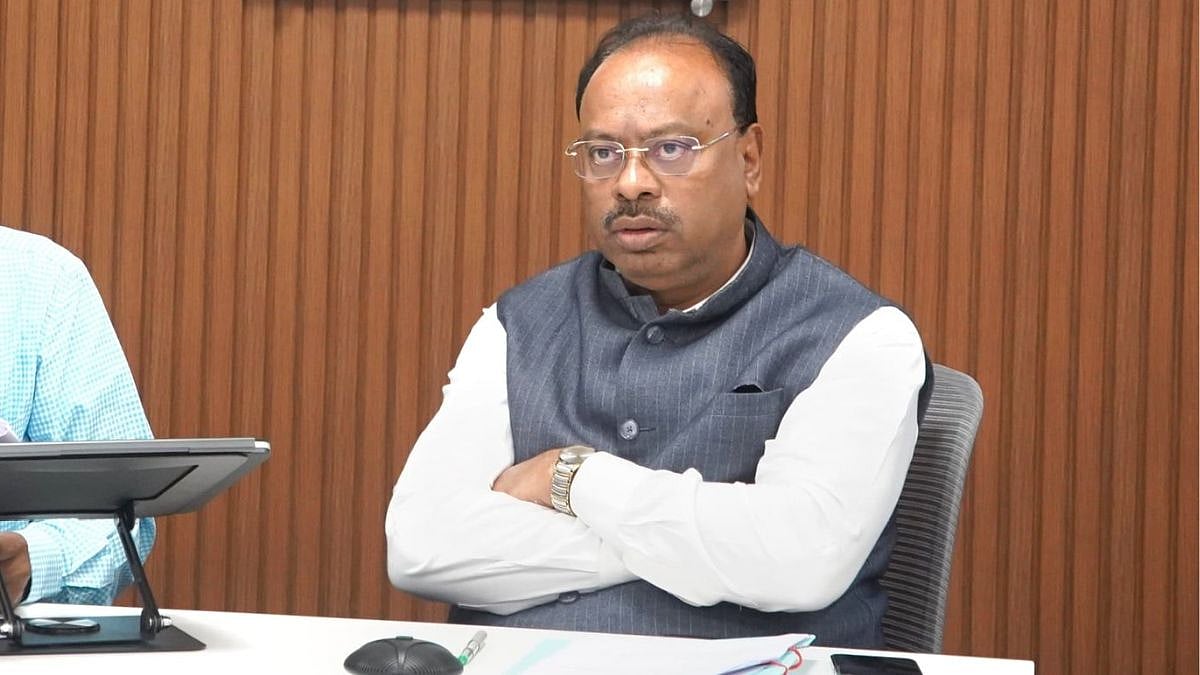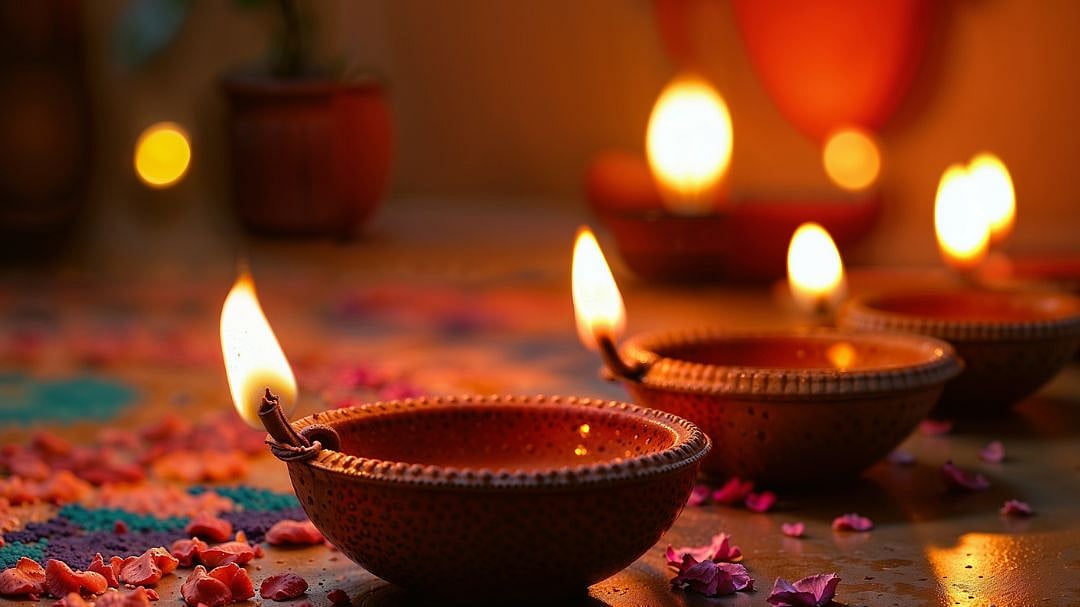India is all set to celebrate the harvest festival of Punjab celebrated with much pomp, fervour, and feasting. Baisakhi, also known as Vaisakhi, marks the beginning of a new year. In 2023, Baisakhi will be celebrated on April 14.
As per the Hinduism, the word ‘Baisakhi’ is derived from ‘Baisakh’, the first month of the Bikram Sambat Hindu calendar. Baisakhi is mainly celebrated in Punjab and Haryana. The day is celebrated across India with different names and rituals such as Pahela Baishakh (Bengali New Year), Bihu (Assamese New Year), Kerala (Vishu) and Puthandu (Tamil New Year).
Read on to know about the astrological, religious and cultural significance of the Punjabi festival.
Astrological significance
The festival is celebrated on April 13 every year and on 14 once in 36 years. On this day, the sun enters Mesh (Aries) sun sign and hence it is also called as ‘Mesha Sankranti’.
Religious significance

It is also the day when Khalsa, a collective body of all initiated Sikhs, was established at Kesgarh in Anandpur Sahib, by the 10th Guru of Sikhs, Guru Gobind Singh in the year 1699. The farming community celebrates the day as a thanksgiving day and prays for a bountiful year ahead.
Khalsa basically means 'pure.' Every year during Baisakhi, Sikhs who are ready to join the Khalsa are baptised. For the same, they need to undergo the Amrit ceremony. Those undergoing the ceremony are committed to giving up alcohol/tobacco/intoxicants, not allowed to remove any hair from their bodies; and they are asked to adopt a vegetarian lifestyle.
Cultural significance

Baisakhi marks the harvest time of the winter (rabi) crops and so the farmers after months of hard work are loaded with cash and are in a mood for enjoyment. The day is observed as a thanksgiving for the abundant harvest and to seek blessings for future prosperity and progress. There is also a tradition where people gather in a farm and diligently harvest the crop on the beat of drums. Besides, they also perform the traditional bhangra or gidda, sing traditional songs and dohas.
Rituals
It is a ritual to visit Gurudwara in the morning to offer prayers. There’s also a tradition to visit Golden Temple (Amritsar, Punjab) and Anandpur Sahib (Anandpur, Punjab), the birthplace of Khalsa. The reason behind the visit is the ‘Khasa Panth’ is recited here. On the day, Granth Sahib, the holy book is placed on a ceremonial chair and read. After reciting the hymns, Prasad is distributed among the devotees. The holy book is later taken out for Nagar Kirtan, where devotees dance and sing religious songs.
Even PM Modi wished on the auspicious occasion and tweeted:











